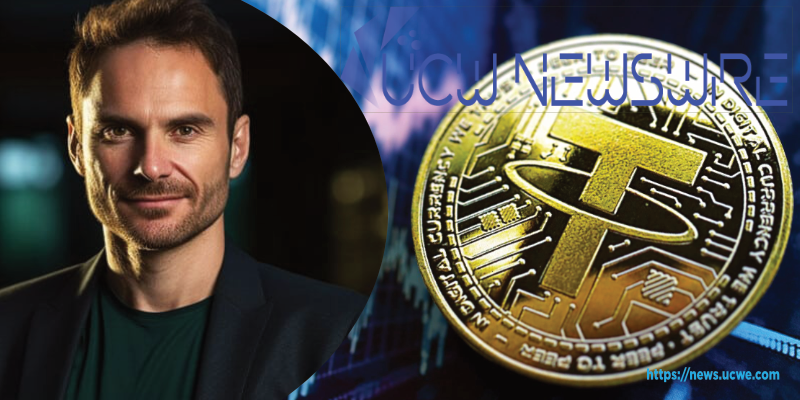Tether CEO Slams Investigation Claims, Reveals Firm’s Massive Reserve Assets at Switzerland’s PlanB Event
In what can only be called a powerful presentation at the PlanB event in Lugano, Switzerland, Tether CEO Paolo Ardoino laid bare the firm’s financial reserves amid swirling allegations that

In what can only be called a powerful presentation at the PlanB event in Lugano, Switzerland, Tether CEO Paolo Ardoino laid bare the firm’s financial reserves amid swirling allegations that Tether was under investigation by the U.S. Department of Justice and the Treasury. The Tether chief addressed concerns head-on, disclosing the company’s extensive assets, which include approximately $100 billion in U.S. Treasuries, over 82,000 Bitcoin valued at around $5.5 billion, and a notable 48 tons of gold backing its USDT stablecoin. Ardoino’s breakdown of Tether’s reserves comes as the stablecoin firm faces heightened scrutiny following a Wall Street Journal article that sparked fresh fear, uncertainty, and doubt within the crypto community.
In response to the article’s claims of an alleged investigation into Tether for anti-money laundering and sanctions violations, Ardoino fiercely rebuked the accusations, stating, “As we told the WSJ, there is no indication that Tether is under investigation. WSJ is regurgitating old noise. Full stop.”
Addressing Tether’s ongoing cooperation with law enforcement, Ardoino underscored the firm’s commitment to maintaining regulatory compliance and combating illicit activity. “We deal regularly and directly with law enforcement officials to help prevent rogue nations, terrorists, and criminals from misusing USDT. We would know if we are being investigated as the article falsely claimed,” he added. Since its founding in 2014, Tether has helped law enforcement recover $109 million involved in various illicit activities, including fraud, sanctions evasion, and cybercrime.
The Lugano disclosure comes at a critical time as Tether’s USDT recently hit a market capitalization milestone of $120 billion, a surge that many investors interpret as a bullish indicator for the broader crypto markets. Analysts suggest this growth reflects confidence in Tether’s stability and could propel crypto prices higher in the weeks and months ahead.
Beyond defending Tether’s reputation, Ardoino critiqued U.S. regulatory approaches to digital assets, which he characterized as lagging behind other nations. He highlighted how unclear policies have pushed innovative crypto companies to relocate to more crypto-friendly jurisdictions. Still, he remained optimistic, hinting that change might come after the 2024 U.S. presidential election, potentially bringing a more favorable regulatory environment.
As Tether continues to anchor its reputation as the largest stablecoin in the crypto market, Ardoino’s transparency and staunch defense have underscored Tether’s financial strength and commitment to compliance, a message aimed squarely at restoring investor confidence amidst growing regulatory headwinds.
Richard Wells
Digital Assets Desk

